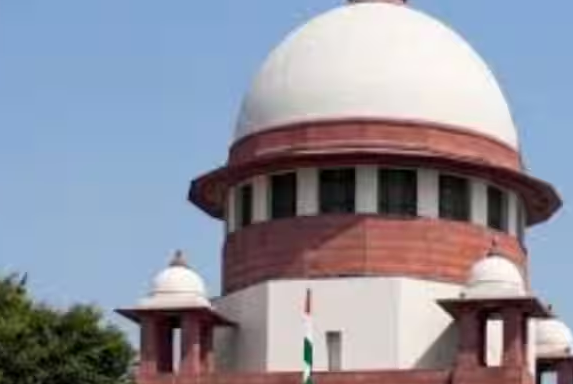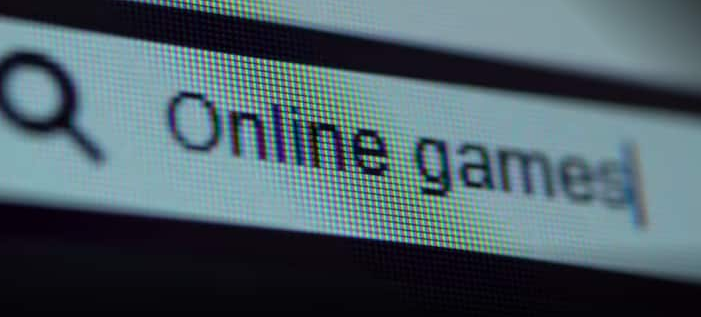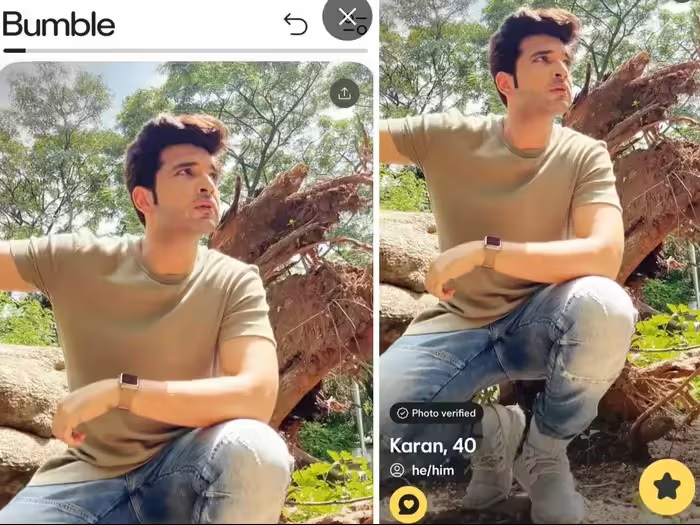Supreme Court on Toll Collection: 'When the road is not suitable for driving, then toll collection is wrong'!
- bySherya
- 20 Aug, 2025

Supreme Court on Toll Collection: The Supreme Court has said in its decision that there are often fewer employees at toll booths. They have more work. They often start behaving like kings.

The Supreme Court has said that it is wrong to collect tolls on a road that is not suitable for driving. Tolls should not be collected on roads that are incomplete, have potholes, or where traffic is stuck. The Supreme Court has upheld the order of the Kerala High Court, which had stopped toll collection at the Palakkara toll booth in Thrissur district.
On August 6, the division bench of the Kerala High Court ordered to stop toll collection for 4 weeks on the Edappally-Mannuthy section of National Highway 544 due to its poor condition and to repair the road first. The National Highway Authority of India (NHAI) and the company responsible for maintaining the road and collecting toll had approached the Supreme Court against the ban on toll in this 65 km section. They said that there is an obstruction in a very limited part of the road.
Refusal to change the order of the High Court
A bench of Chief Justice B R Gavai and K Vinod Chandran has refused to change the order of the High Court. During the hearing, the court cited the bad condition of the road and the traffic jams there. The court had said that why should toll collection be allowed on a road where a distance of 1 hour is covered in 12 hours? Why should people pay Rs 150 to travel on such a road?
What was the order of the Kerala High Court?
The Supreme Court has agreed with the comment of Kerala High Court, in which the High Court had said, "It is true that people are forced to pay toll charges for using the highway, but it is also the responsibility of NHAI or its agents to ensure smooth traffic without any hindrance. This relationship between the public and NHAI is bound by the bond of trust. Violating this, it is wrong to collect toll charges from people by taking recourse to the law. NHAI or its agents cannot be given such rights. When people have already suffered on the road, they cannot be forced to pay money".
The Supreme Court has said in its decision that there are often fewer employees at toll booths. They have more work. They often start behaving like kings. People stand in long queues waiting for their turn, but no one cares. The engines of the vehicles remain on. Apart from people's patience and pockets, this also takes a toll on the environment.





